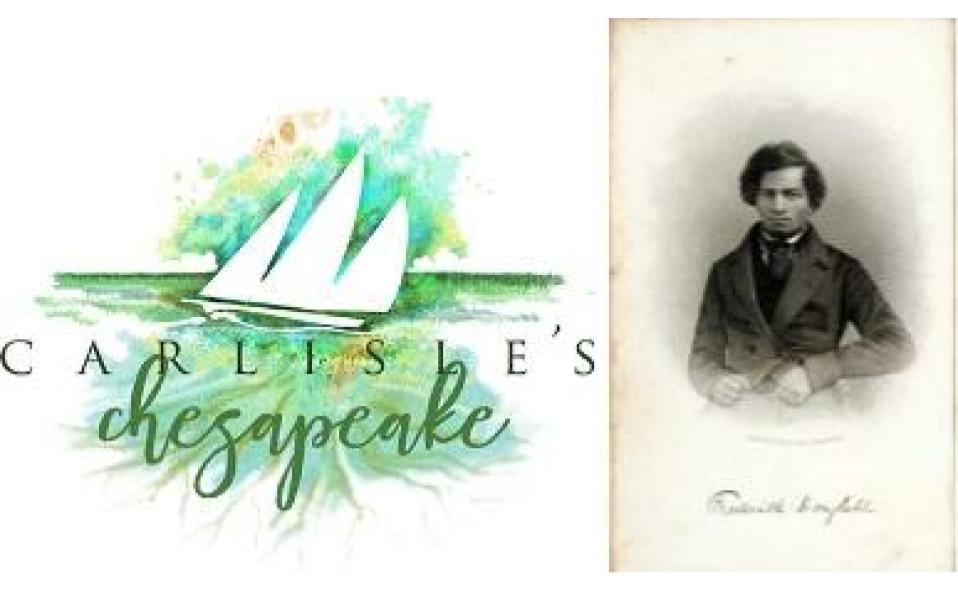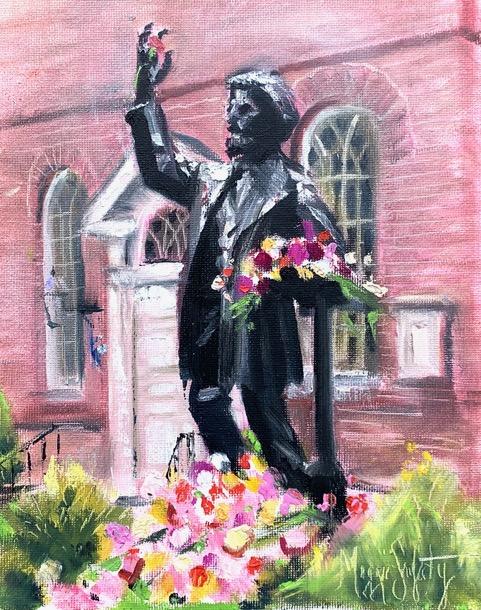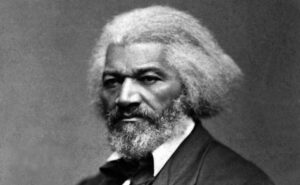 Carlisle’s Chesapeake announces the podcast series about Maryland-born freed slave Frederick Douglass just dropped at https://podcasts.
Carlisle’s Chesapeake announces the podcast series about Maryland-born freed slave Frederick Douglass just dropped at https://podcasts.
The “Frederick Douglass Series by Carlisle’s Chesapeake” is sponsored by Talbot County Department of Economic Development and Tourism and will be 15 episodes in total. Ten episodes have been produced to date and the first highlights the work of Dr. Mark Leone, professor of anthropology at the University of Maryland, College Park. He was invited by the Tilghman family to excavate the slave quarters of the Wye House Greenhouse. His findings there and on The Hill, one of the oldest free African American neighborhoods in the United States still in existence today, lay the groundwork for the series.
The series also includes:
- Professor Dale Glenwood Green, a descendant by marriage to Douglass and a professor of architecture at Morgan State University shares his research of The Hill.
- Tarence Bailey, Sr., the fifth great-nephew of Douglass, who tells how his family, captured in West Africa, journeyed to Barbados and then up the Chesapeake Bay in the 1600s.
- Dr. Bernard Demczuk, professor of African American History and Culture, University District of Columbia, tells the story of how Unionville, a town just outside of Easton, was formed after 18 African Americans fought in the Civil War and returned to Talbot County.
- Ann Coughlin, an Irish woman from Cork, recounts Douglass’s first trip across the Atlantic Ocean to flee from his owner after his first auto-biography discloses his whereabouts and location in Massachusetts with his wife and children.
- Steve Luxenberg, author of the book, “Separate the Story of Plessy V. Ferguson, and America’s Journey from Slavery to Segregation” and associate editor of the Washington Post, explains the stories of Douglass’s railroad and boat trips where he was segregated from fellow passengers while traveling the anti-slavery speaking circuit.
Talbot County celebrated the 200 anniversary of native son, née Frederick Augustus Washington Bailey, in 2018. The following year Talbot County dedicated a park on the banks of the Tuckahoe River, Douglass’s birthplace, to him.
For further information contact: Carlisle Hashim of Towson, MD-based Carlisle Communications and Carlisle’s Chesapeake at [email protected].
Frederick Douglas portrait photo credit: https://




